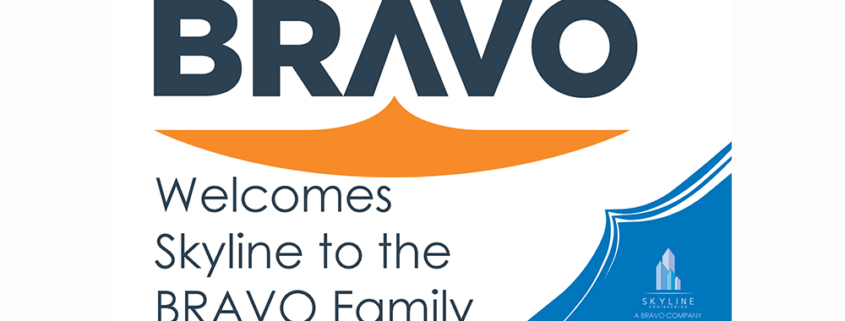The Complete Guide to Energy Code Commissioning in New York
What is NYC Energy Code?
Before designing and building any new project, builders must consider all regulations that fall under The 2016 NYC Energy Conservation Code (NYC Energy Code) which regulates energy consumption in all New York City buildings. This energy code applies to all new buildings as well as any building that undergoes major modifications or renovations.
There are different requirements for residential and commercial buildings, and in the case of mixed occupancies residential and commercial are treated separately and assessed based on different chapters of the code.
Though there are statewide codes as well, they cannot be used in place of the NYC Energy Code. The NYC Energy Conservation Code determines the minimum energy performance for buildings in this city.
What is commissioning?
Commissioning is a type of quality assurance process, where the main objective is to ensure a project is designed, installed, and configured according to the requirements of the owner. It is a mandatory procedure in all new projects. In cases of commissioning, there are specific documentation requirements and procedures that need to be followed. These procedures are described in section C408 of the code.
Even if the builder has followed all procedures and all building systems are installed correctly, the owner must provide evidence of commissioning by an approved agency.
The NYC Energy Code Commissioning Process:
- The Commissioning Plan:
The first step is having your plan written by an approved agency. It will include:
- A list of the proposed activities with a narrative description of each activity.
- A detailed description of all equipment, appliances, and systems to be tested.
- System functions to test during commissioning.
- Identifying the required conditions for each test that can specifically be performed during a particular season of the year.
- Measurable performance criteria.
- System Adjusting and Balancing:
Since all HVAC systems involve airflow and a balanced heating and cooling effect, the NYC Energy Code requires adjustment and balancing according to ASHRAE 111 or any equivalent standard approved by the NYC Department of Buildings.
This includes:
- Air systems balancing and
- Hydronic systems balancing
- Functional Performance Testing:
This step ensures that building systems are properly installed and configured, so that performance meets the standards specified in the design documents.
This testing includes equipment tests, control tests, economizer tests, and lighting system tests.
- Preliminary Commissioning Report:
The preliminary commissioning report achieves two main functions:
- Investigates and define any deficiencies found during testing.
- List the tests that could not be performed due to unfavorable climate conditions, and describe the conditions required to perform them correctly.
Once this preliminary commissioning report is submitted to the building owner and the necessary code official is notified, the building is subject to a final inspection process.
- System Balancing Report:
This report provides a detailed description of the adjustment and balancing procedure for air and hydronic systems, with a list of all measurements that must be done.
- Final Commissioning Report:
At this stage, the final commissioning report is written and the building receives the certificate of occupancy or letter of completion.
The deadline to be followed for final report delivery is:
- 30 months for buildings with at least 500,000 square feet, excluding R-2.
- 18 months for buildings smaller than 500,000 square feet, and all R-2 buildings regardless of area.
This long list of tasks can certainly seem daunting. Hiring a qualified professional team like Skyline Engineering will make all the difference. We are familiarized with all NYC code requirements and the corresponding documentation and your building will receive the final inspection report with ease.
Get in touch today at https://skylineengineering.com/contact/ for a hassle-free experience.




